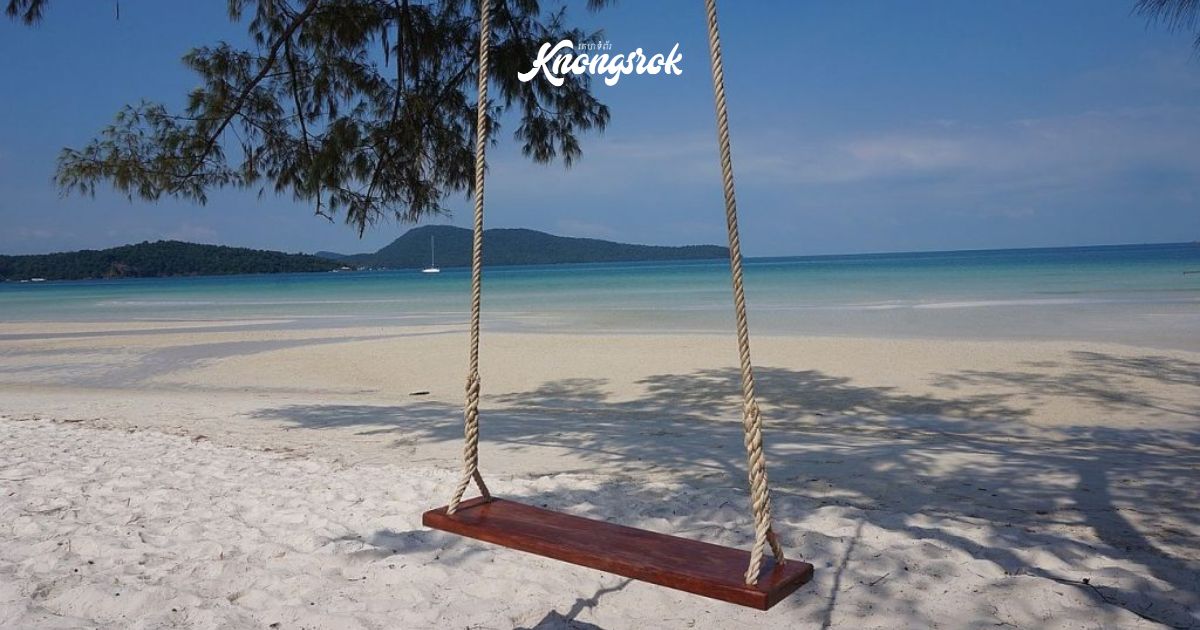48 Illustrations Showing The Cultural Differences Between Japan And Other Countries!
Creating a comprehensive list of illustrations showcasing cultural differences between Japan and other countries can be a fascinating way to explore and understand global diversity. Here’s a detailed overview of 50 potential illustrations that can highlight these differences:
**1. Traditional Clothing
•Japan: Kimono and Yukata.
•Other Countries: Western-style suits, sarees from India, or traditional African attire.
**2. Cuisine
•Japan: Sushi, Ramen, and Bento Boxes.
•Other Countries: Pizza from Italy, Tacos from Mexico, or Croissants from France.
**3. Festivals
•Japan: Cherry Blossom Festival (Hanami), Gion Matsuri.
•Other Countries: Carnival in Brazil, Oktoberfest in Germany, or Diwali in India.
**4. Greeting Customs
•Japan: Bowing.
•Other Countries: Handshakes in the U.S., Kisses on the cheek in France, or Hugs in Australia.
**5. Architecture
•Japan: Traditional Shinto Shrines and Temples, Modern Skyscrapers in Tokyo.
•Other Countries: Gothic Cathedrals in Europe, Colonial Buildings in Latin America, or Traditional African Mud Houses.
**6. Tea Ceremony
•Japan: Traditional Tea Ceremony (Chanoyu).
•Other Countries: Afternoon Tea in England, Turkish Coffee Ritual.
**7. Public Etiquette
•Japan: Quiet and orderly behavior on public transportation.
•Other Countries: Social interactions in public spaces, such as talking loudly on phones in the U.S.
**8. Street Food
•Japan: Takoyaki and Okonomiyaki.
•Other Countries: Street Tacos in Mexico, Crepes in France, or Hot Dogs in the U.S.
**9. Home Design
•Japan: Tatami Mats and Sliding Doors (Shoji).
•Other Countries: Open-plan living spaces in the U.S., Traditional Country Homes in Europe.
**10. Education System
•Japan: School Uniforms and Entrance Exams.
•Other Countries: Diverse School Uniforms in the U.K., Alternative Education Systems in Finland.
**11. Work Culture
•Japan: Long Working Hours and Group Harmony (Wa).
•Other Countries: Work-Life Balance in Scandinavia, Flexible Work Hours in Silicon Valley.
**12. Respect for Elders
•Japan: Formal Respect and Language.
•Other Countries: Informal Interactions in the U.S., Extended Family Support in Latin America.
**13. Art Forms
•Japan: Ukiyo-e Prints, Origami.
•Other Countries: Renaissance Paintings in Italy, Indigenous Art in Australia.
**14. Marriage Traditions
•Japan: Shinto Weddings.
•Other Countries: Church Weddings in Europe, Traditional Indian Weddings.
**15. Workplace Hierarchies
•Japan: Seniority-Based Promotion.
•Other Countries: Merit-Based Systems in the U.S., Flat Hierarchies in Startups.
**16. Religious Practices
•Japan: Shintoism and Buddhism.
•Other Countries: Christianity in Europe, Islam in the Middle East, Hinduism in India.
**17. Seasonal Celebrations
•Japan: Obon Festival and New Year (Shogatsu).
•Other Countries: Christmas in the U.S., Lunar New Year in China, Midsummer in Sweden.
**18. Fashion Trends
•Japan: Harajuku Style, Traditional Kimono.
•Other Countries: Street Fashion in New York, Traditional Scottish Kilts, Parisian Chic.
**19. Family Structure
•Japan: Extended Family Living Together.
•Other Countries: Nuclear Families in the U.S., Close-Knit Families in Mediterranean Countries.
**20. Transportation
•Japan: Bullet Trains (Shinkansen) and Efficient Public Transit.
•Other Countries: Cars and Highways in the U.S., Bicycles in the Netherlands.
**21. Superstitions
•Japan: Lucky and Unlucky Numbers (e.g., 4 and 7).
•Other Countries: Broken Mirrors in the U.S., Black Cats in the U.K.
**22. Holiday Customs
•Japan: Setsubun (Bean-Throwing Festival).
•Other Countries: Halloween in the U.S., Day of the Dead in Mexico.
**23. Public Behavior
•Japan: Line Formation and Queue Etiquette.
•Other Countries: Social Norms in Public Places, such as Standing vs. Sitting in Public Transport.
**24. Gift-Giving Etiquette
•Japan: Presentation and Formality.
•Other Countries: Casual Gift Exchanges in the U.S., Elaborate Gift Wrapping in Middle Eastern Cultures.
**25. Food Presentation
•Japan: Aesthetic and Artistic Presentation of Meals.
•Other Countries: Hearty and Generous Portions in the U.S., Tapas Style in Spain.
**26. Sports and Recreation
•Japan: Sumo Wrestling and Martial Arts.
•Other Countries: American Football in the U.S., Soccer in Europe, Cricket in India.
**27. Business Meetings
•Japan: Formal Introductions and Business Cards (Meishi).
•Other Countries: Informal Networking in the U.S., Business Lunches in Europe.
**28. Language and Communication
•Japan: Use of Honorifics and Politeness.
•Other Countries: Direct Communication in the U.S., Gestures and Expressions in Latin America.
**29. Public Spaces
•Japan: Cleanliness and Respect for Nature.
•Other Countries: Parks and Recreational Areas in Different Cultures.
**30. Technology Usage
•Japan: Advanced Technology and Robotics.
•Other Countries: Tech Adoption Rates in the U.S., Mobile Technology in Africa.
**31. Traditional Crafts
•Japan: Pottery (e.g., Arita Ware), Textile Arts (e.g., Sashiko).
•Other Countries: Handmade Rugs in the Middle East, Pottery Techniques in Europe.
**32. Music and Dance
•Japan: Traditional Music (e.g., Koto), Folk Dance (e.g., Bon Odori).
•Other Countries: Ballet in Russia, Salsa in Latin America.
**33. Environmental Attitudes
•Japan: Recycling and Waste Management.
•Other Countries: Environmental Policies in Scandinavia, Plastic Usage in the U.S.
**34. Health and Wellness
•Japan: Traditional Medicine and Onsen Baths.
•Other Countries: Yoga in India, Western Medicine Practices in Europe.
**35. Children’s Education
•Japan: Early Learning and Competitive Exams.
•Other Countries: Creative Learning Approaches in Finland, Structured Education Systems in the U.S.
**36. Economic Practices
•Japan: Saving and Investment Culture.
•Other Countries: Credit and Debt Systems in the U.S., Cooperative Economies in Scandinavia.
**37. Religious Ceremonies
•Japan: Buddhist Temples and Shinto Shrines.
•Other Countries: Catholic Masses in Europe, Islamic Prayer Services in the Middle East.
**38. Gifts and Souvenirs
•Japan: Unique and Thoughtful Souvenirs.
•Other Countries: Souvenirs Reflecting Local Culture, such as Keychains in Europe, Artisanal Crafts in Africa.
**39. Food Markets
•Japan: Fish Markets (e.g., Tsukiji Market).
•Other Countries: Farmers’ Markets in the U.S., Spice Markets in Morocco.
**40. Celebratory Meals
•Japan: Traditional New Year’s Feast (Osechi-ryori).
•Other Countries: Thanksgiving Dinner in the U.S., Festive Meals in Italy.
**41. Holiday Traditions
•Japan: Tanabata Festival (Star Festival).
•Other Countries: Easter Egg Hunts in the U.S., Lunar New Year Celebrations in China.
**42. Public Services
•Japan: Efficient Public Services and Customer Service.
•Other Countries: Varied Public Service Models in Europe, Access to Services in Developing Countries.
**43. Leisure Activities
•Japan: Karaoke and Pachinko.
•Other Countries: Board Games in Europe, Outdoor Sports in the U.S.
**44. Home Cooking
•Japan: Traditional Home-cooked Meals.
•Other Countries: Comfort Foods in Various Cultures.
**45. Transportation Etiquette
•Japan: Quiet and Respectful Travel on Trains.
•Other Countries: Varied Travel Etiquette, such as Use of Phones in Public Transport.
**46. Ceremonial Attire
•Japan: Traditional Wedding Kimono.
•Other Countries: Bridal Gowns in Western Countries, Traditional Dress in Various Cultures.
**47. Public Health Practices
•Japan: Mask-Wearing During Flu Season.
•Other Countries: Health Practices and Responses to Illness in Different Regions.














